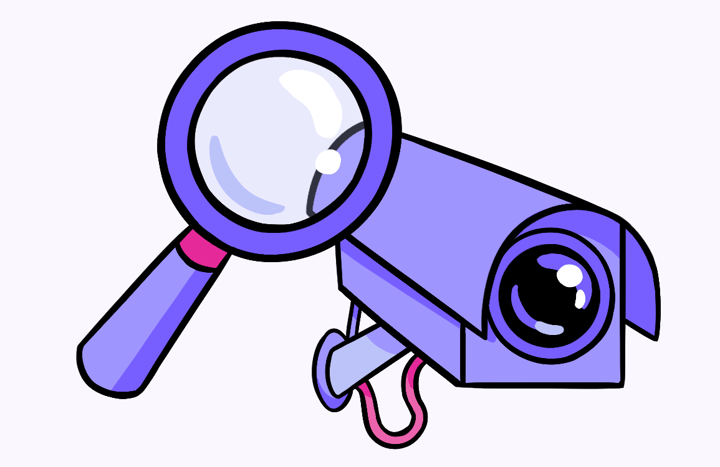Industry Professionals Audience
Security and Investigations Industry
Audience Description
Participants who work within the Security and Investigations Industry are involved in the provision of private security and investigation services, technical security, and risk management.
The security and investigations industry encompasses various sectors like government, state, local, and private. As a result, security and investigations professionals are responsible not just for safeguarding many of the country’s institutions and vital infrastructure systems, but also for safeguarding intellectual property and sensitive corporate information.
Interesting Participant Qualities
72% of participants in the security & investigations industry work in the private sector.
Security & Investigations Panelist Quotes
We surveyed our audience of security & investigations industry participants to understand what their job requires now and how it could impact others in the future.
“Not having enough resources to timely assist when alarms come in.”
“Investigation and reconnaissance in advance before the VIP’s visit.”
“Having to wait for government response.”
“Going home alive at the end of each tour of duty”
Common Security & Investigations Industry Roles
This audience is made up of participants who hold job titles and roles in the security & investigations industry. Each of these professionals can be targeted individually, or roles can be combined to create larger audiences.
- Screener – Screeners keep an eye on and inspect passengers on flights to ensure their safety and security. They ensure that passengers bring the proper amount of bags and stuff into the plane. Passengers and their luggage are inspected using a variety of devices, including hand tools and metal detectors. They also seize any illegal or dangerous items and, if required, subject the passengers to additional inspection.
- Security guard – Security guards safeguard a party’s assets from a variety of dangers and threats. They patrol the property, employ various surveillance technology to detect potential threats and examine buildings and access points to keep the premises and personnel safe. They also allow for admission into a building, the sounding of alarms, and the prevention of losses.
- Surveillance officer – Surveillance officers patrol the area where they are stationed and keep an eye on anyone acting suspiciously. Surveillance officers also conduct security checks, produce reports based on their findings, and keep a close eye on all alarms and surveillance tapes.
- Security Engineer – Security engineers test and screen various security software. They keep an eye on a secure network and system to keep it safe from intrusions or illegal access. Security engineers identify possible security issues and advise management on how to improve a security system or network.
- Investigation Analyst – An investigative analyst gathers and examines any data that could be linked to illegal behavior. They may analyze claims for insurance companies or private companies in order to look into any fraudulent claims or allegations. Monitoring incidents for certain trends or patterns related to the reported incident, recognizing any losses organizations experience from fraudulent occurrences, and elevating any complex or big losses to management teams are all examples of additional responsibilities.
- Statistician – A statistician helps firms build strategies, solve complicated challenges, and make educated organizational decisions by interpreting, examining, and analyzing diverse numerical data pieces. Obtaining data such as production numbers, organizational costs, or supply and demand data for a close examination, efficiently maintaining the company’s databases, ensuring the accuracy and security of all data using formulas, calculations, and statistical techniques, identifying common trends, and preparing financial or organizational forecasts to report to executives are some of their other responsibilities.




